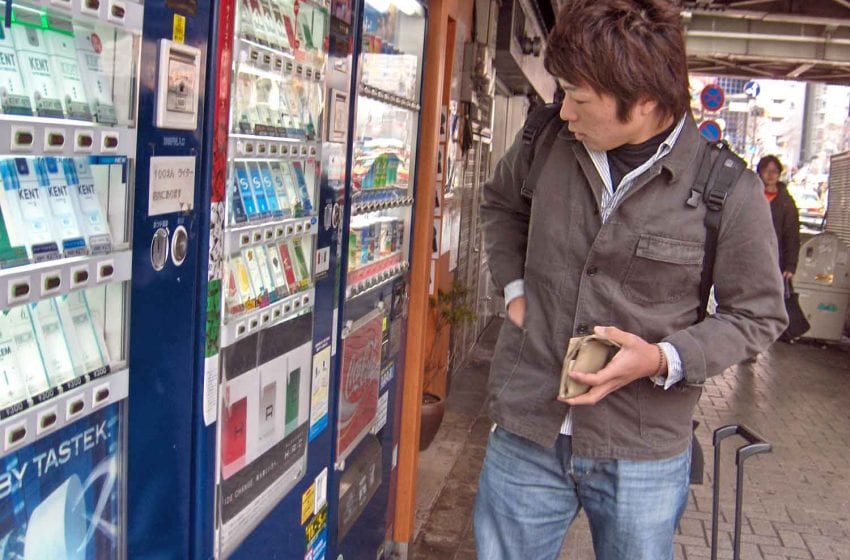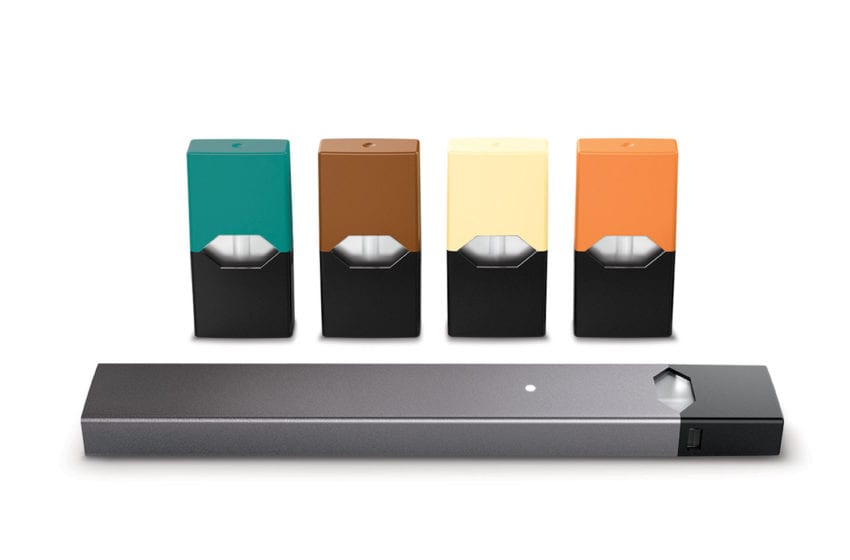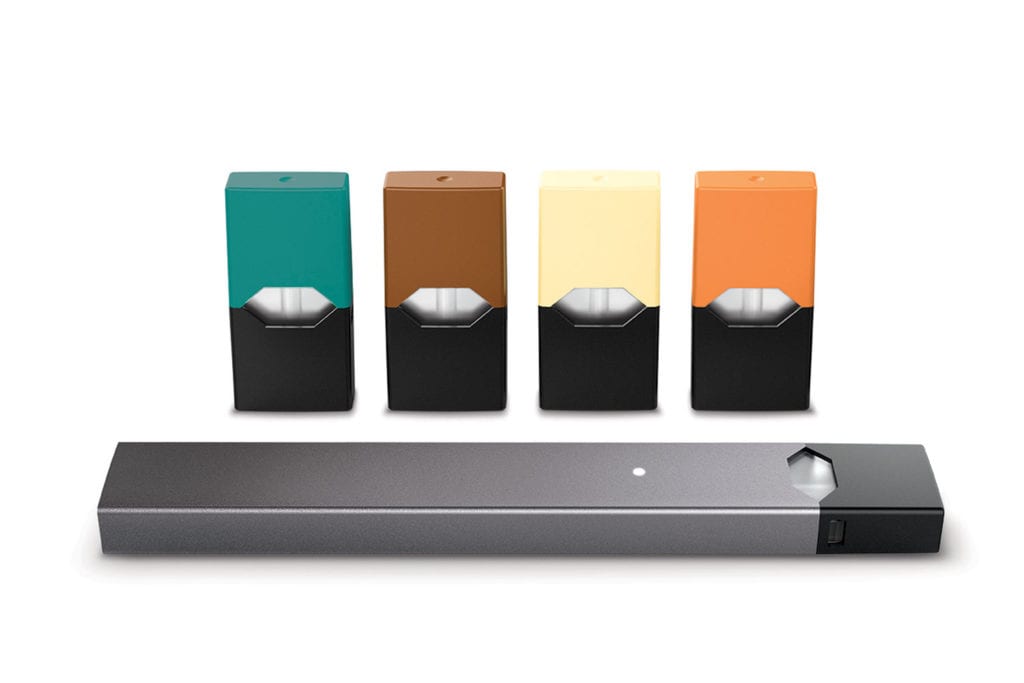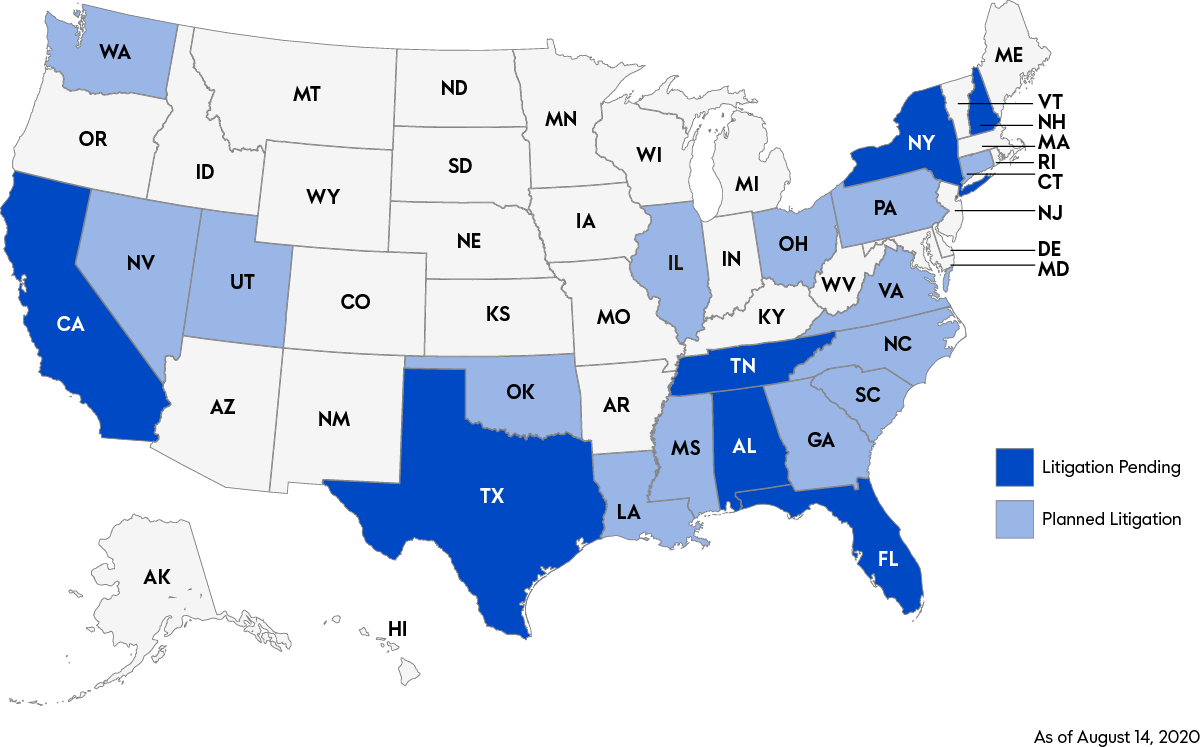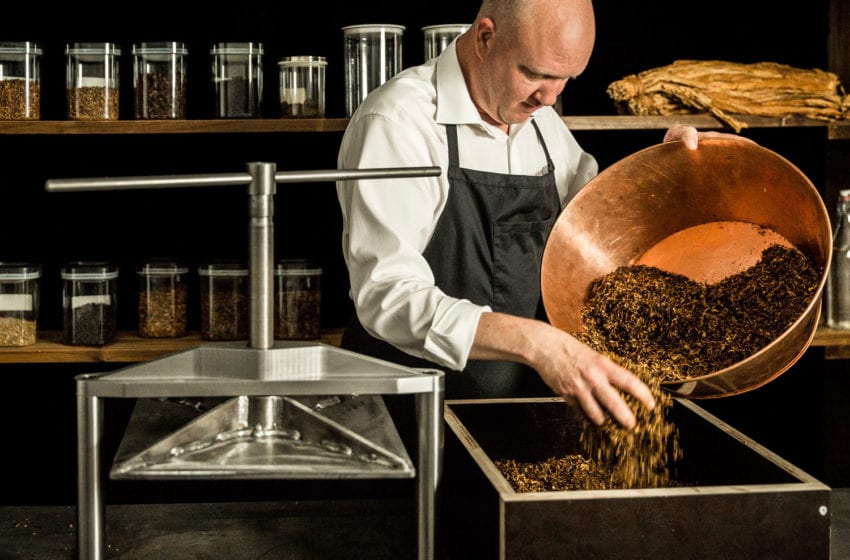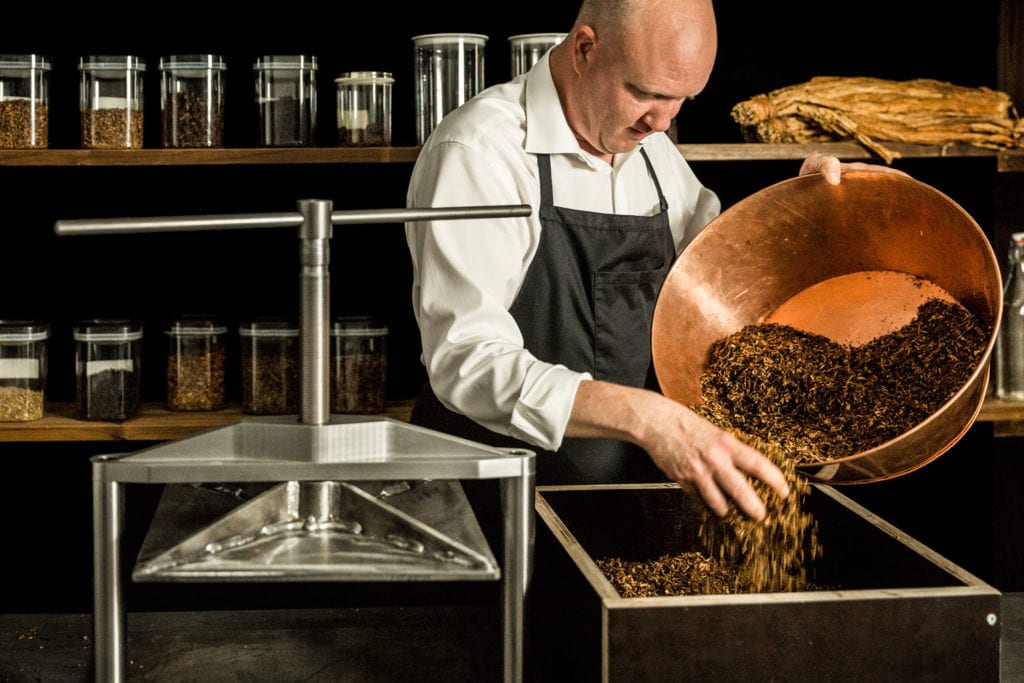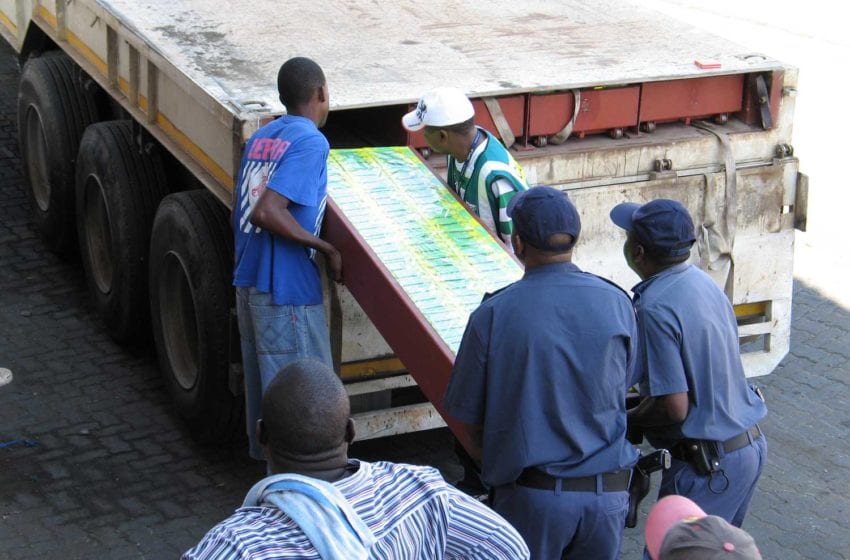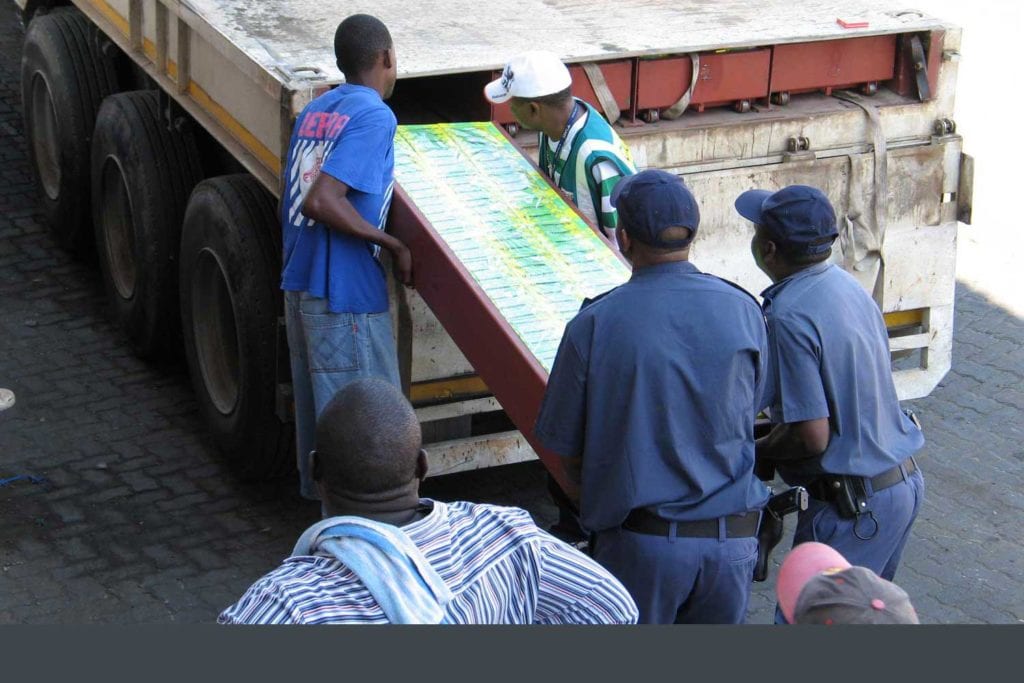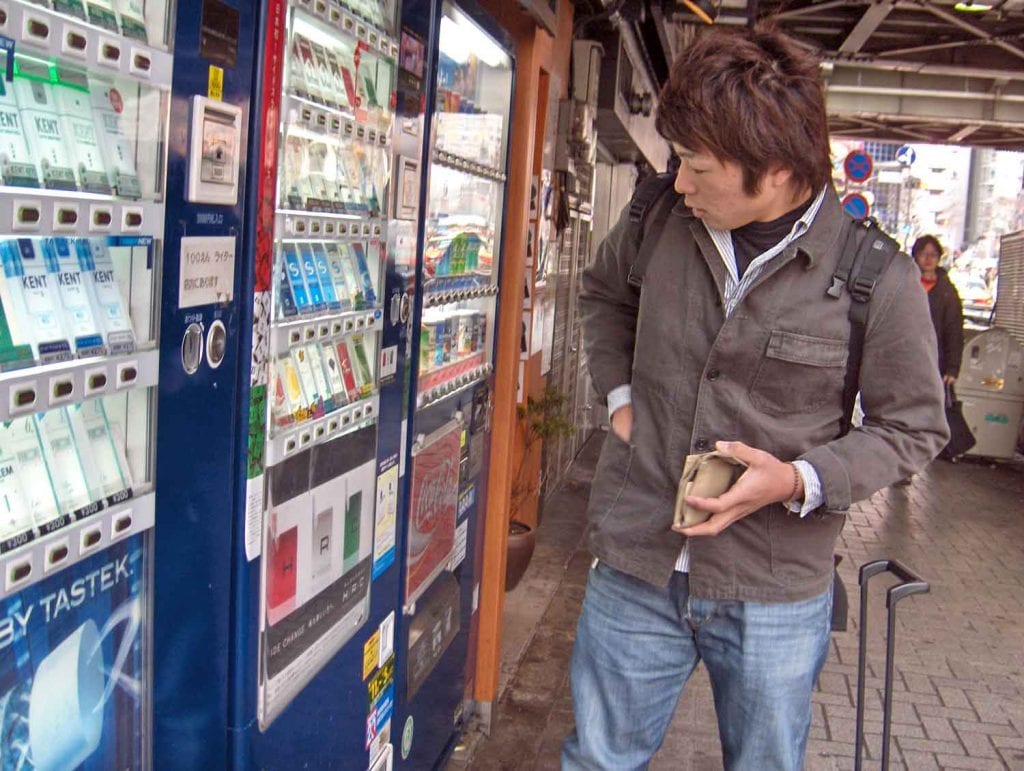
Japan Tobacco (JT) has received approval from the Ministry of Finance for its application dated July 31, 2020 to amend retail prices of its Japanese tobacco products.
The new retail prices will be effective on Oct. 1, 2020 for a total of 224 products, including 136 cigarette products, 16 cigarillo products, three pipe tobacco products, three cut tobacco products, 18 snuff tobacco products and 48 tobacco vapor products.
In a statement, JT said it will strive to continue to improve the quality of its products and services, in line with the expectations of its consumers.
The retail price amendments are already included in the 2020 consolidated forecast announced on July 31, 2020, along with certain assumptions.
Under the Tobacco Business Act, list prices for any tobacco products in Japan must be approved by the Ministry of Finance.

